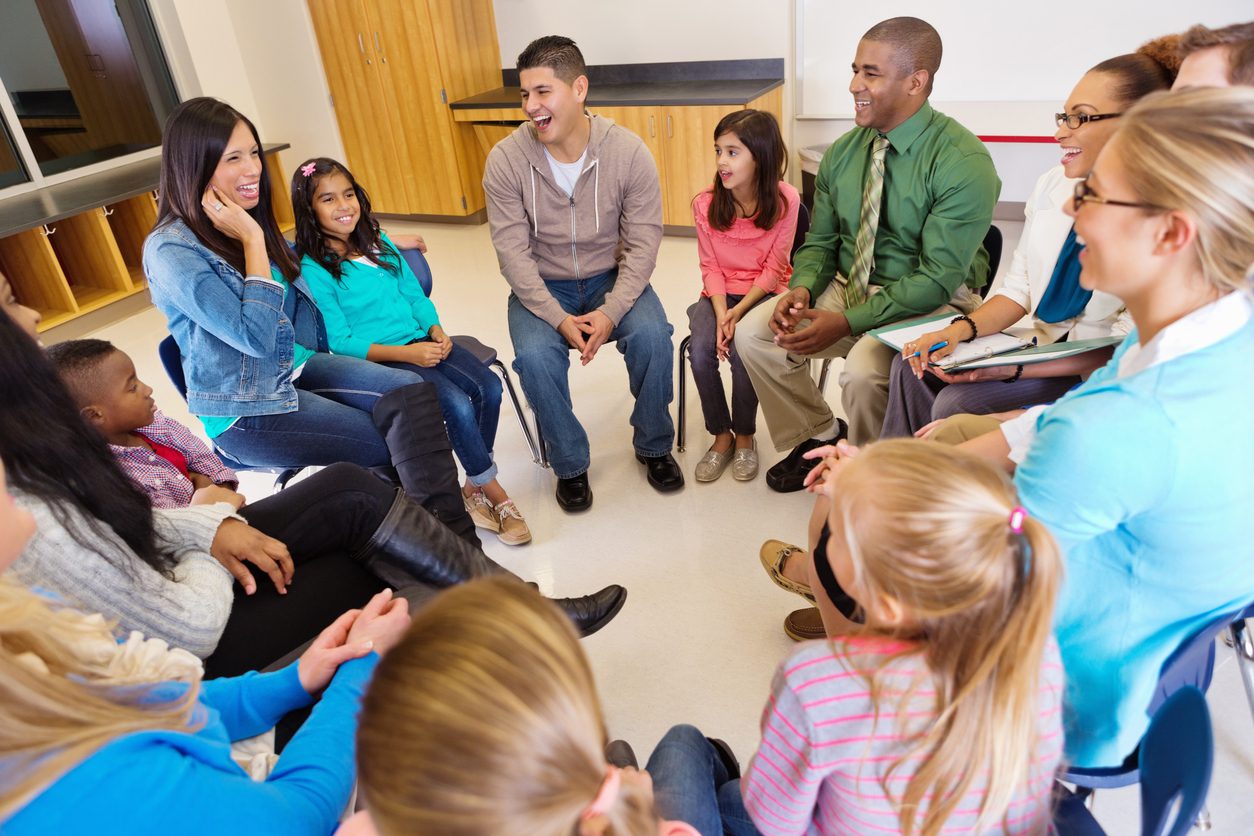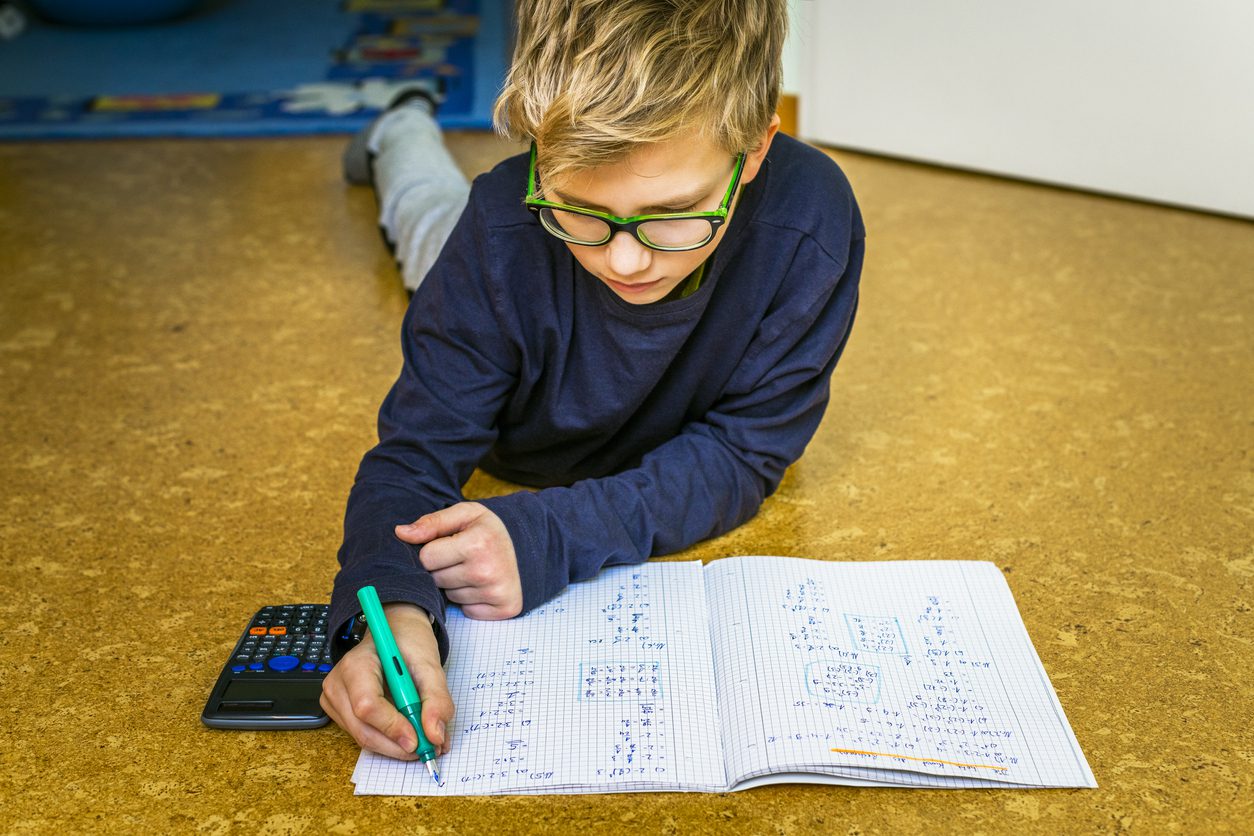With the year reaching its end, we encourage students to look back over their experiences to start preparing for the path ahead. Here’s how to reflect on your academic journey while planning for next year!
Our guidelines for reflecting on your academic experiences over the last year are quite simple! To get started, create two lists – one list examining your highlights and successes, and one detailing what didn’t work so well.
Note your successes. Think about any particular projects, tests, or classes that required overcoming a personal challenge. Write down any individual achievements – large projects, final exams, or written assignments – as well as progressive achievements (for example, managing a difficult class throughout an entire school year). School-based events, extra-curricular activities, and progress on personal goals can all be included on this list!
To start breaking down your achievements a bit further, begin by asking yourself some analytical questions:
- What helped me achieve this successful moment?
- Were there any actions I took to help my progress?
- What in particular did I enjoy about this assignment?
- What feelings did I have to overcome in order to focus on my goals?
The purpose of this step is to identify any specific strategies that may have benefitted you throughout the school year. As an example, one student (who particularly disliked studying) would often procrastinate, leading to long and stressful 3-hour “cram sessions” the night before an exam. However, the student made a change this year – before their final exam, they committed to studying for exactly 10 minutes each night for an entire month (roughly 30 days) prior to the test. The student not only received an excellent score, but was also surprised when realizing they had studied a grand total of 5 hours – more than they normally would have “cramming” – without even becoming stressed out! For this student, “break up my study sessions into chunks” would be a perfect strategy to repeat next year.
Note your difficulties. Just as our successes can reveal important strategies about what worked, our failures provide valuable insight into what didn’t work. On this list, include any particular moments or experiences you found challenging or hard to navigate. These don’t even have to be specific to academic difficulties – for instance, “trouble staying organized” is a common challenge for many students (both at home and in the classroom).
Once you have a decent overview, you can begin to ask yourself similar questions to those on your “success” list:
- What made this assignment/project so difficult?
- Was there anything I could have done to make it easier?
- What would I do differently next time?
- How can I avoid repeating the same mistake?
Failure is important throughout our lives, as it teaches us resilience and how to develop strategies for “next time.” Read more about teaching your child the importance of failure here!




